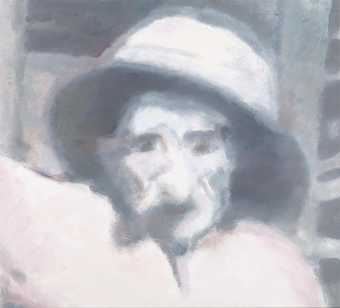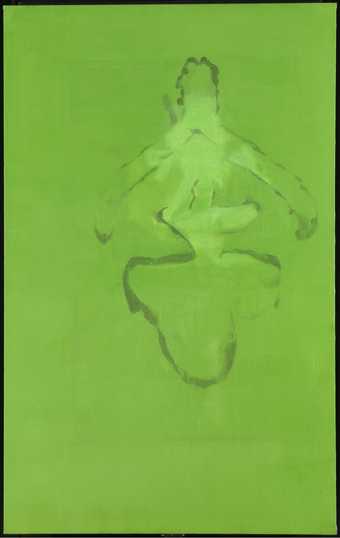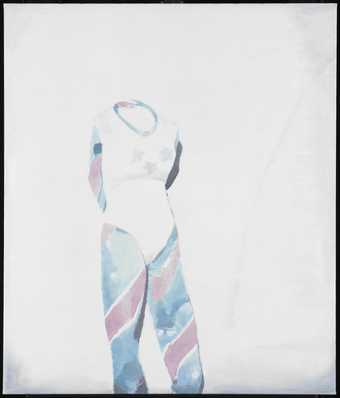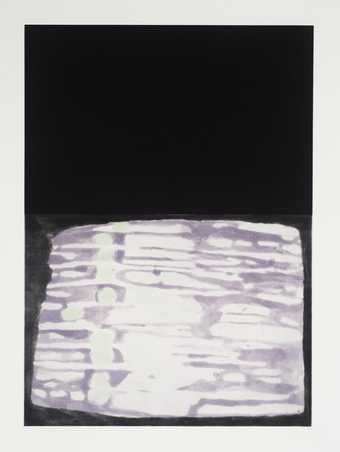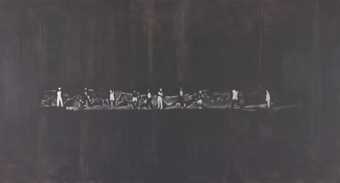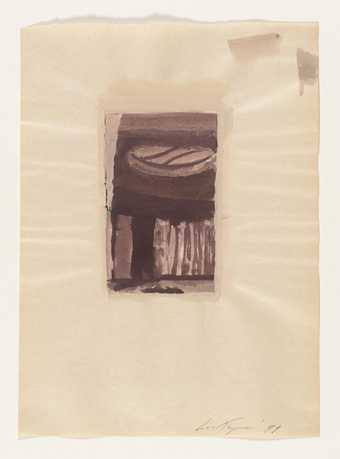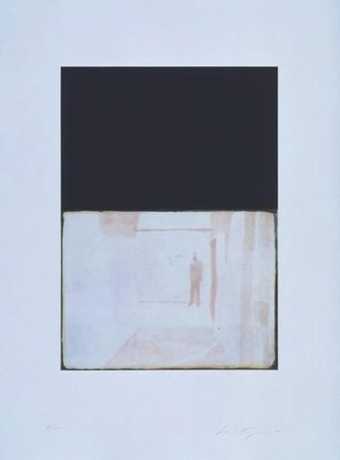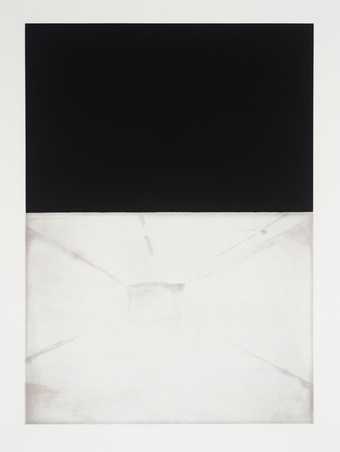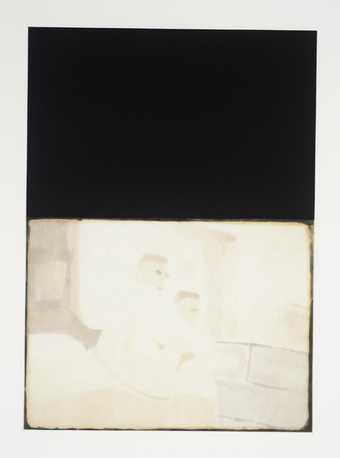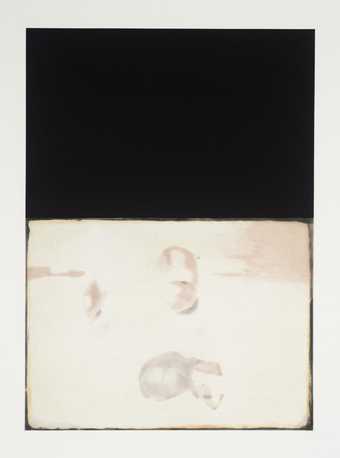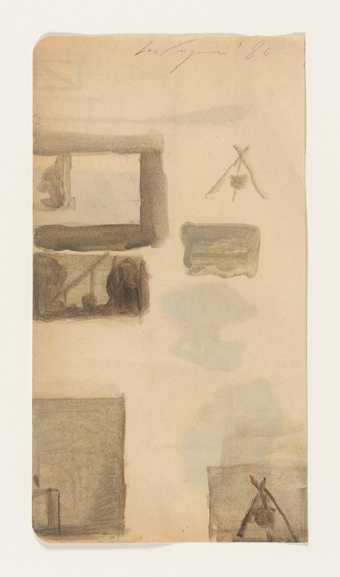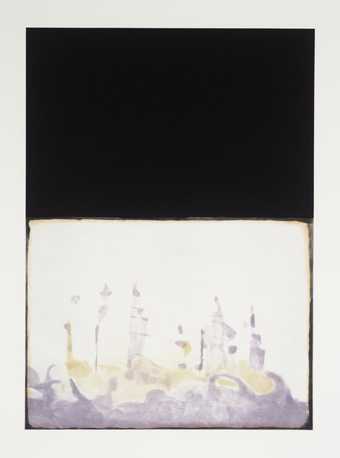Interviewer: So can I just ask you to introduce yourself and explain where we are?
Luc Tuymans: Well, we're in my office actually, not in my studio, so to speak. I'm Luc Tuymans. I'm a painter, born 1958, based in Antwerp, Belgium.
My father was Belgian, my mother was Dutch, and I cannot go into the entire history of this country because that's going to take too long, but there's been twice a collaboration from the Flemish side with the Germans because of the fact that they felt, as a national entity, more closer to the Germans than to the French people side. And when I was five there was a family gathering, and all of a sudden there's a photo album that crops up and one of the photographs falls out, and it's the uncle after which I'm named, who's doing the Hitler salute, and the whole thing explodes. The marriage of my father and my mother was not a happy marriage. Always during dinner there was this element of course of the unhappy marriage but also the history that was combined with it, so it became like a phobia in a sense. So, therefore, already from an early stage this interest was unconsciously brought into my consciousness.
It became clear to me that much more tones, much more than colour create a difference within how you memorise imagery or how inadequate your memory works. And also it has an empowering factor about size and format and all those things. All the paintings have quite a decisive format; they're all different, they're never the same, they're not standard so to speak. Which is important because that all has to do with, yet again, this inadequacy within the memory which I think is quite important because that makes the power of the image.
I'm not always painting from photos and film stills; it's a more complex thing. Nowadays I think photography's not so much an empowering effect on how I think or how I produce or how I conceptualise work, it is just part of the toolbox. What I do think though is that for me the most empowering effect is much more the element of the media image, because I grew up as part of a television generation which means that you have an impoverishment in terms of experience but you have an abundance in terms of imagery. And therefore the idea to rework these images and to create or to appropriate them and to reinstall them in a difference sense, because I mean a painting, of course, has a different timespan, it has a different physicality also because it's made by hand, in this case by me, and therefore already it's altered within the perception as you see it or as you, for example, as a viewer would measure your distance between that and the imagery or how you would recollect the imagery, because, of course, we all know that our memory's inadequate. But by making it more physical, it becomes even more inadequate.
I think painting is always about what is not there basically. That's why I say it has a different time.

